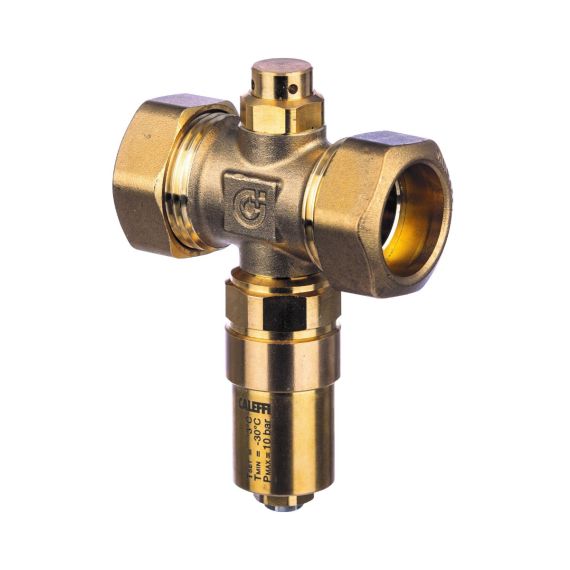Keeping Heat Pumps Efficient
Heat pumps are devices that transfer heat from a source to another location, such as the hot water system of a house. To do this heat pumps use a relatively small amount of electricity when compared to traditional boilers, but they often achieve a higher efficiency rate, as the amount of heat produced is markedly higher than the energy consumed.
However, as they use a refrigerant to absorb the heat from the air, ground, or water, they have a risk of freezing. This is particularly so when installed in places that are exposed to the elements and fluctuations in temperature. Should freezing occur, not only would any repair be costly, it could cause further issues for the heating system and reducing its efficiency.
How can we prevent the freezing of heat pumps?
Whilst some heat pumps use glycol or anti-freeze solution to prevent freezing, the type of solution used can have significant implications on the long-term efficiency and health of the system as well as environmental impacts.
Fitting an ‘Anti-Freeze Valve’ is the best method of preventing a heat pump from freezing. The Caleffi 108 Anti-Freeze Valve, for example, can be fitted onto an existing heat pump and uses a ‘dripping technique’ to prevent the system from freezing over.
How does the 108 Anti-Freeze Valve work?
The valve itself is designed to be installed in the flow and return pipework from the heat pump and installed on the external pipework. By opening at temperatures below 3°C, the valve allows system content to be dripped/discharged safely, preventing the system from freezing. At temperatures above 4°C, the valve then shuts again to stop unnecessary draining.
Overall, it does exactly as it implies, it prevents the freezing of heat pumps and pipework. With the valve designed specifically for heat pump installations, Caleffi has ensured it is compact and easy to install, whilst remaining a top-quality product.
Keeping risk and maintenance costs to a minimum
The Anti-Freeze Valve becomes especially useful in the coldest months as it helps to avoid the risk of hefty bills that could run into thousands of pounds replacing frozen installations. However, due to increasingly unpredictable weather conditions, the installation of an Anti-Freeze Valve should be considered as good practice all year round.
Even for installations in areas that are especially exposed - those that are usually hit hardest by freezing - the Anti-Freeze Valve continues to work efficiently. With no room for damages, the valve protects the end user’s investment and the installer's hard work. Given the installation costs of renewable technologies compared to standard gas or oil installations, the benefits of protecting this investment are important.

